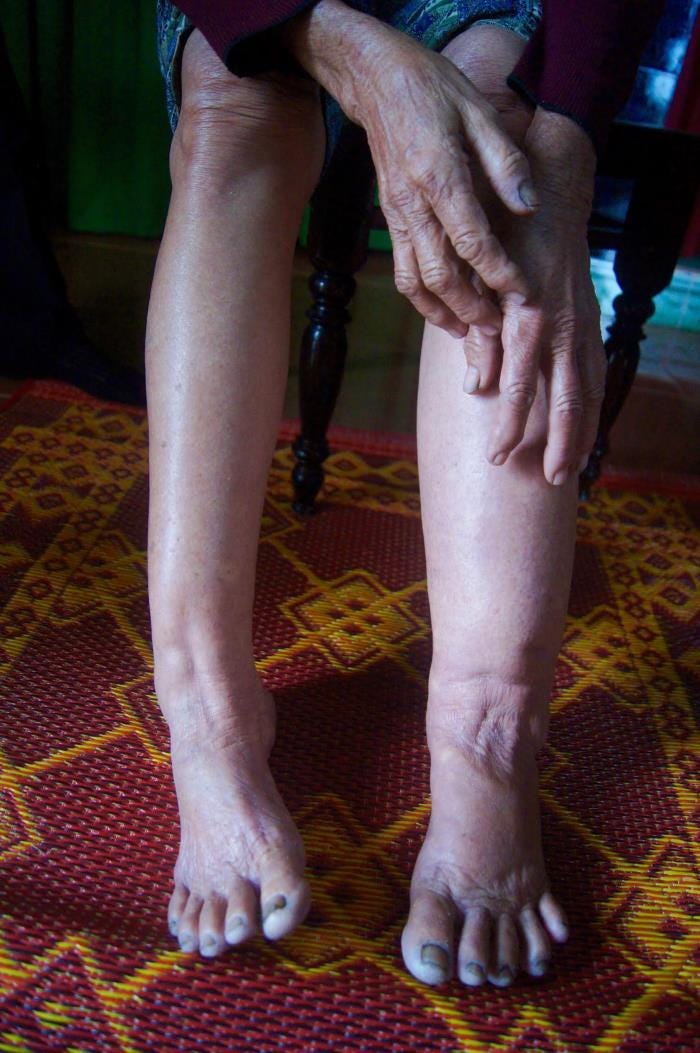Timor-Leste eliminates lymphatic filariasis as a public health problem
Congratulations on this major milestone!
Timor-Leste has eliminated the parasitic disease, lymphatic filariasis (LF) as a public health problem, according to he World Health Organization (WHO). Timor-Leste becomes the fifth country in the Southeast Region, following Thailand, Maldives, Sri Lanka and Bangladesh.
Lymphatic filariasis (LF), commonly known as elephantiasis, is a debilitating parasitic disease spread by mosquitoes. The infection is usually acquired in childhood with painful and disfiguring visible manifestations appearing much later in life, often in the form of enlargement of body parts causing pain, severe disability, and associated stigma.
“Timor-Leste's success in eliminating lymphatic filariasis as a public health problem demonstrates the power of national leadership and strong partnership,” said Dr Tedros Adhanom Ghebreyesus, WHO Director-General. “I welcome Timor-Leste as the 54th member of the global family of countries to have eliminated one or more neglected tropical diseases, and congratulate the government, health workers, partners and affected communities on this achievement.
According to WHO, 72 countries are considered endemic for LF.





